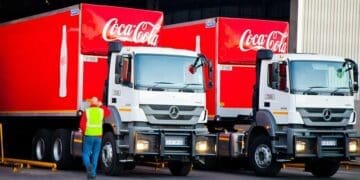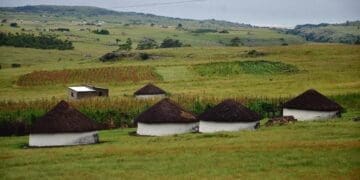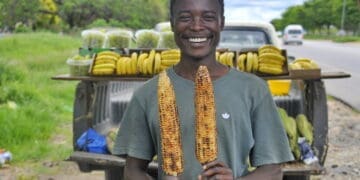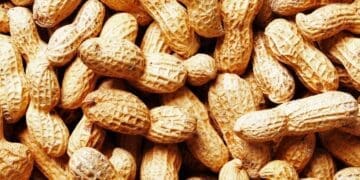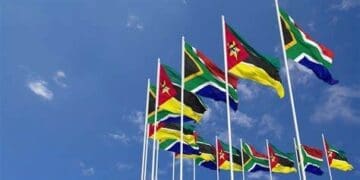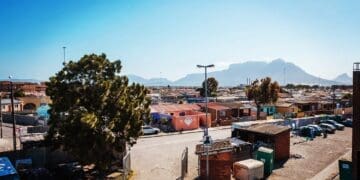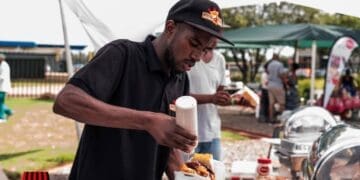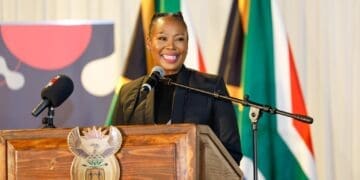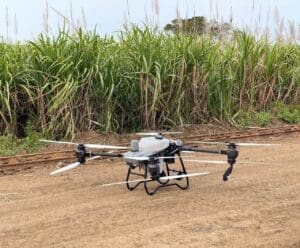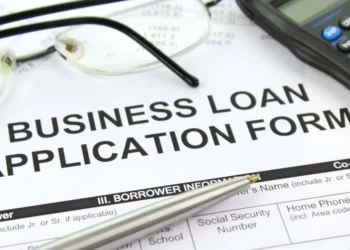Sugarcane farmers are resorting to mechanising operations by using gadgets such as drones in a bid to reduce labour and other costs as cheap imports continue to take the sweetness from local producers.
According to SA Canegrowers, South Africa produces more than enough sugar to meet national demand. However, the influx of subsidised sugar imports has placed local growers under severe pressure.
The organisation says for every ton of imported sugar, South African growers lose R7,600 in revenue. In just two months this year, 90,000 tons of imported sugar cost the industry R684 million.
This has a ripple effect on rural economies in KwaZulu-Natal and Mpumalanga, where sugarcane farming is a major employer.
“Imported sugar has pushed down RV prices, so we are getting less for the same yield. We have had to look at mechanising operations, like using agricultural drones, to reduce labour costs,” KwaZulu-Natal sugarcane farmer Nkosinathi Msweli told Vutivi Business News.
Sugarcane farmers have thrown their support behind the Save Our Sugar campaign, recently launched by SA Canegrowers, which urges South Africans to buy locally produced sugar to protect jobs and sustain rural livelihoods.
The campaign calls on consumers, retailers, and food manufacturers to choose homegrown sugar over cheaper imports, which threaten the livelihoods of more than one million people who depend on the sugar value chain.
Msweli, a sugarcane farmer from Kearsney near Stanger, said campaigns like this are crucial for sustaining local production.
“It is a good campaign,” he said. “When revenue from sugar sales drops, it affects everything, from fertilisers and chemicals to the number of workers we can employ. Reduced income leads to unemployment.”
Msweli added that awareness drives are needed to educate consumers about how their buying decisions impact communities.
“When you buy local sugar, you buy life, sustainability, and you feed the nation,” he said.
Siyanda Mantengu, CEO of Nsombosi Cane Field CC in Mtubatuba, agrees that the campaign could turn the tide for local farmers. His 350-hectare family-run farm supplies the Umfolozi Sugar Mill and employs 35 workers.
“Years ago, the Proudly South African campaign helped save the textile industry when consumers started choosing locally made products. The sugar industry can survive too, but people need to understand the impact imported sugar has on local growers,” he said.
Mantengu warned that large-scale farmers are struggling with rising costs while earning less per ton of cane.
“Imported sugar has pushed down RV prices, so we are getting less for the same yield. We have had to look at mechanising operations, like using agricultural drones, to reduce labour costs,” he explained.
While he believes government support is limited due to trade agreements with countries such as Brasil, Mantengu said introducing import duties could help level the playing field.
“Ultimately, South Africans who can afford to buy slightly more expensive sugar should do so in support of local producers,” he said.
SA Canegrowers chairman Higgins Mdluli said the campaign is about safeguarding livelihoods and quality standards.
“Buying local sugar ensures that the industry continues to support rural communities and uphold strict environmental, safety, and labour standards,” he said.
He urged consumers to check product labels carefully.
“If it says produced or grown in South Africa, you are supporting local growers. However, be cautious, some packaging says packed in South Africa, which may mean the sugar was imported,” Mdluli added.



